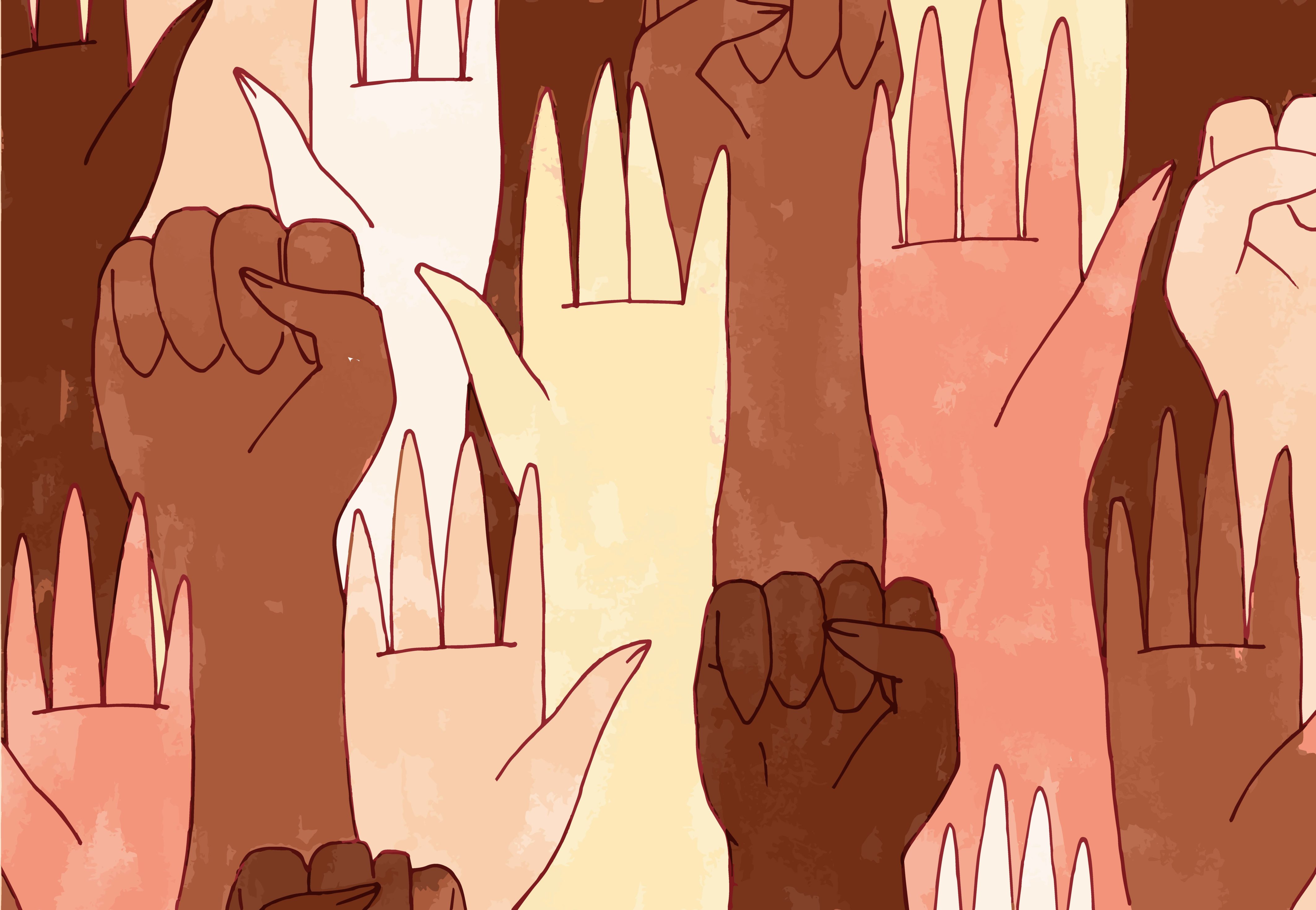Professor Teresa Cosby supervises undergraduate students in an internship program called The Justicia Project. The Justicia Project is a partnership between the Department of Politics and International Affairs and the law firm Wyche, P.A. This program provides students with hands-on experience representing clients under the supervision of Professor Cosby, who are both licensed attorneys in South Carolina. Professor Cosby brings more than 30 years of experience as a practicing attorney and plans to expand the program’s offerings into post-conviction relief cases in the coming years. The students whom Professor Cosby supervises learn about the intersections of many aspects of the legal system, including criminal law, family law, and immigration law. Students who are interested in legal careers or careers in direct services, and especially students with strong Spanish language skills, are encouraged to reach out to Professor Cosby to learn more.
Emma Carter, class of 2020
Through working with the Jusitica Project, I was able to learn that advocacy comes in many forms and extends outside the arms of solely law school and becoming a lawyer. For me, advocacy came in the forms of translating documents between languages, creating a safe space for our clients to share their experiences, and acknowledging that our community and our country need to enhance the ability for non-citizen victims of crime to feel supported and seen. The Justicia Project is more than just applying for Visas; it is a way to promote and create change where it matters most, starting in our own community.
Alexis Wood, class of 2020
As an intern with the Justicia Project, I had a great opportunity to learn more about immigration law and social justice for persons seeking asylum in the United States. I heard stories from many victims who faced persecution while in their home countries and even more mistreatment at the U.S./Mexican border. Unfortunately, the governing powers are aware of the crisis and have attempted to discredit the stories of many victims. They fail to provide adequate resources to satisfy legal and humanitarian needs of migrant families. There were a few lawyers on the ground in border cities that provided Brittany Arsiniega and I with some materials to assist as third parties in their asylum cases. Through WhatsApp calls, I completed necessary documents for some families to use in their court hearings. This was just the first step in a long process for them to escape the challenges of their homeland and face new obstacles in the United States. The Justicia Project also offered me the chance to interact with clients in Greenville, SC who have not obtained citizenship but are victims of crimes as well.
Katherine West, class of 2018
For as long as I can remember, two passions have dominated my worldview: the law and gender equity. The Justicia Project allowed me to bridge these two interests by helping women seeking legal asylum. As a direct result of this work, I am attending law school. Most importantly, The Justicia Project solidified my sense of occupational empathy, reminding me that a legal career is not always about stuffy offices or statutory codes, but revolves around real people with real stories who need zealous representation.



